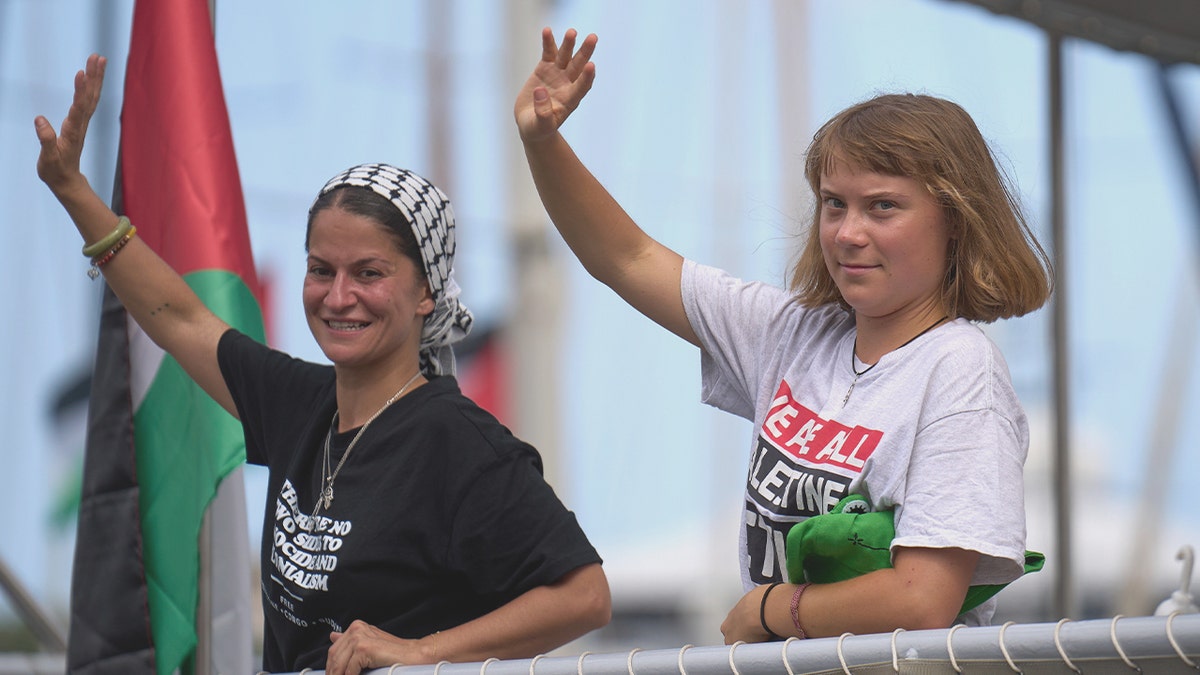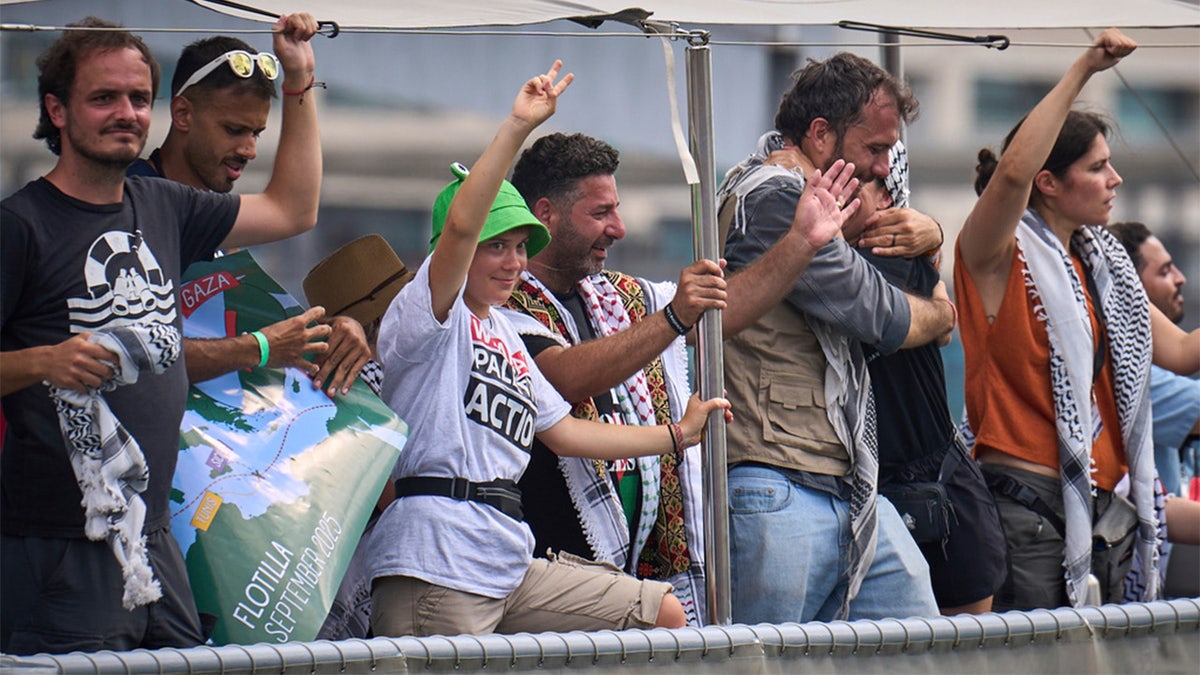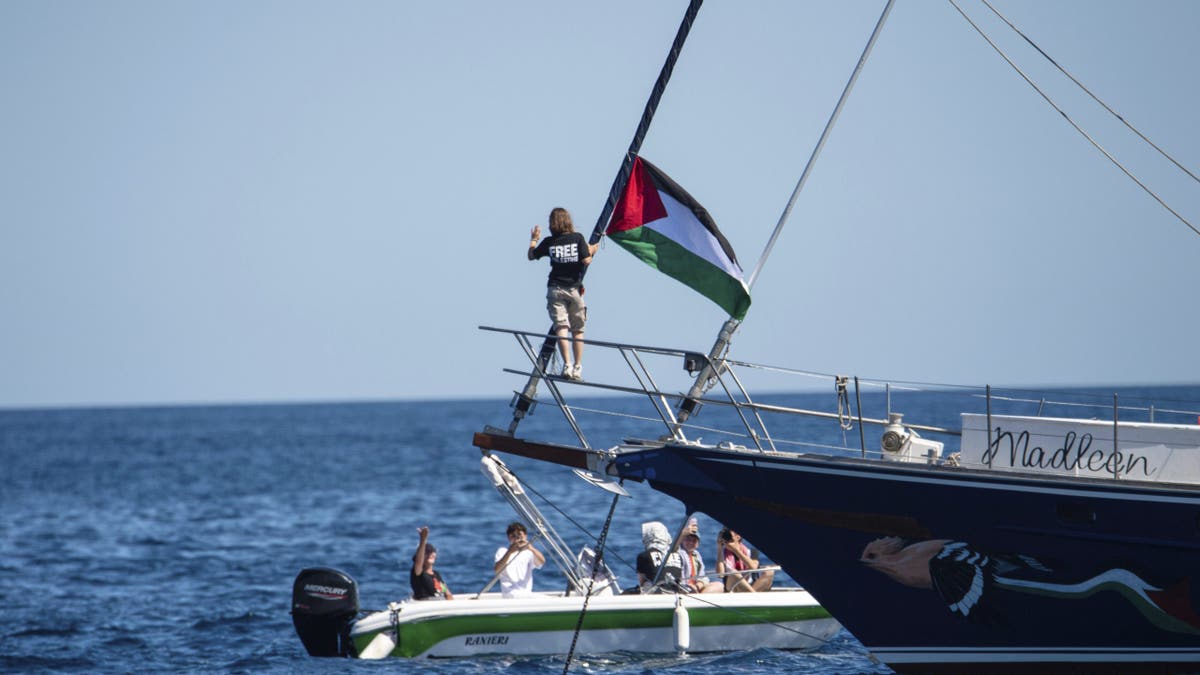Greta Thunberg’s Gaza Flotilla: A Humanitarian Mission Intercepted
The recent attempt by Swedish climate activist Greta Thunberg and a flotilla of activists to deliver humanitarian aid to Gaza has sparked international attention and controversy. This ambitious mission, dubbed the Global Sumud Flotilla, aimed to circumvent Israel’s blockade of the Gaza Strip, a blockade that has been a point of significant contention for years. The flotilla, departing from Barcelona, comprised approximately 70 vessels carrying food, water, and medicine destined for civilians in Gaza. Notable figures accompanying Thunberg included actor Liam Cunningham and former Barcelona mayor Ada Colau.
Israel’s Intervention and the Legal Landscape
The Interception:
Israel’s Defense Forces (IDF) intercepted the flotilla, preventing it from reaching Gaza. This action, described by some as a “lawful” blockade, is justified by Israel as a necessary security measure during ongoing conflict. The IDF maintains a security perimeter to protect Gaza’s beaches, highlighting the complex security challenges involved.

The Legal Arguments:
Professor James Kraska, a prominent expert from the U.S. Naval War College, shed light on the legal intricacies. While acknowledging the legality of Israel’s blockade under international law during wartime, he emphasized that such a blockade must adhere to strict requirements, including providing sufficient notice, proving its effectiveness, and ensuring impartial enforcement. He highlighted the multiple layers at play – international law, the complex political situation, and the tactical realities on the ground, making a simplistic narrative impossible.

The Humanitarian Crisis and Logistical Challenges
Gaza’s Infrastructure Limitations:
The flotilla’s attempt faced significant logistical hurdles. Professor Kraska pointed out the lack of adequate port facilities in Gaza capable of handling a flotilla of this size. He further highlighted a past attempt by the U.S. to construct a temporary port, which ultimately failed due to the region’s challenging weather conditions. This $200 million investment underscores the immense infrastructural difficulties Gaza faces.

The Human Cost:
Thunberg’s actions are framed within the broader context of the ongoing humanitarian crisis in Gaza, exacerbated by the recent conflict which has tragically resulted in over 63,000 deaths. The activists view the blockade as a deliberate deprivation of essential resources for Gazan civilians, a violation of international law in their perspective. At a press conference in Barcelona, Thunberg passionately argued that the core issue is the plight of the Palestinian people and Israel’s alleged violation of international law by intercepting vessels and preventing aid delivery.

Thunberg’s Previous Attempts and the Ongoing Debate
A Second Attempt:
This was not Thunberg’s first attempt to deliver aid to Gaza. In June, she and 11 other activists were deported after Israeli forces intercepted their ship, the Madleen. This repeated effort underscores the unwavering commitment of the activists and the persistent challenges in providing humanitarian assistance to Gaza.

A Multifaceted Narrative:
The narrative surrounding this event is complex and multifaceted. While Israel justifies its actions as a necessary security measure during wartime, critics contend that the blockade infringes upon the rights of Gazan civilians. The international community, therefore, faces a complex and sensitive situation with no easy solutions. The legal, political, and practical dimensions are intricately intertwined, requiring a nuanced understanding of the broader geopolitical context.


